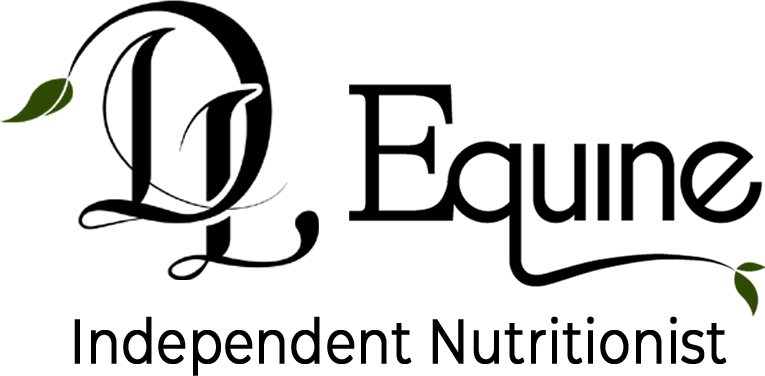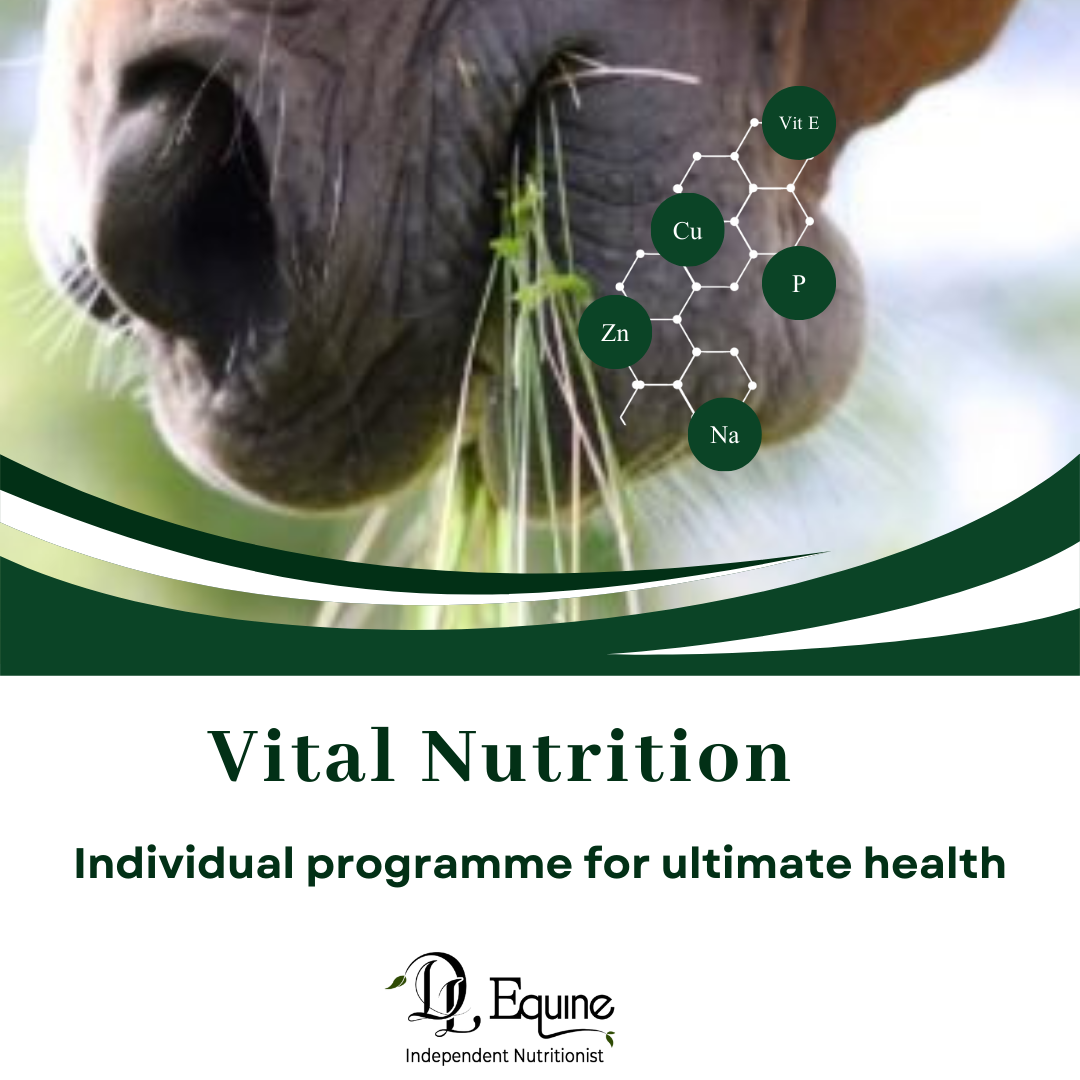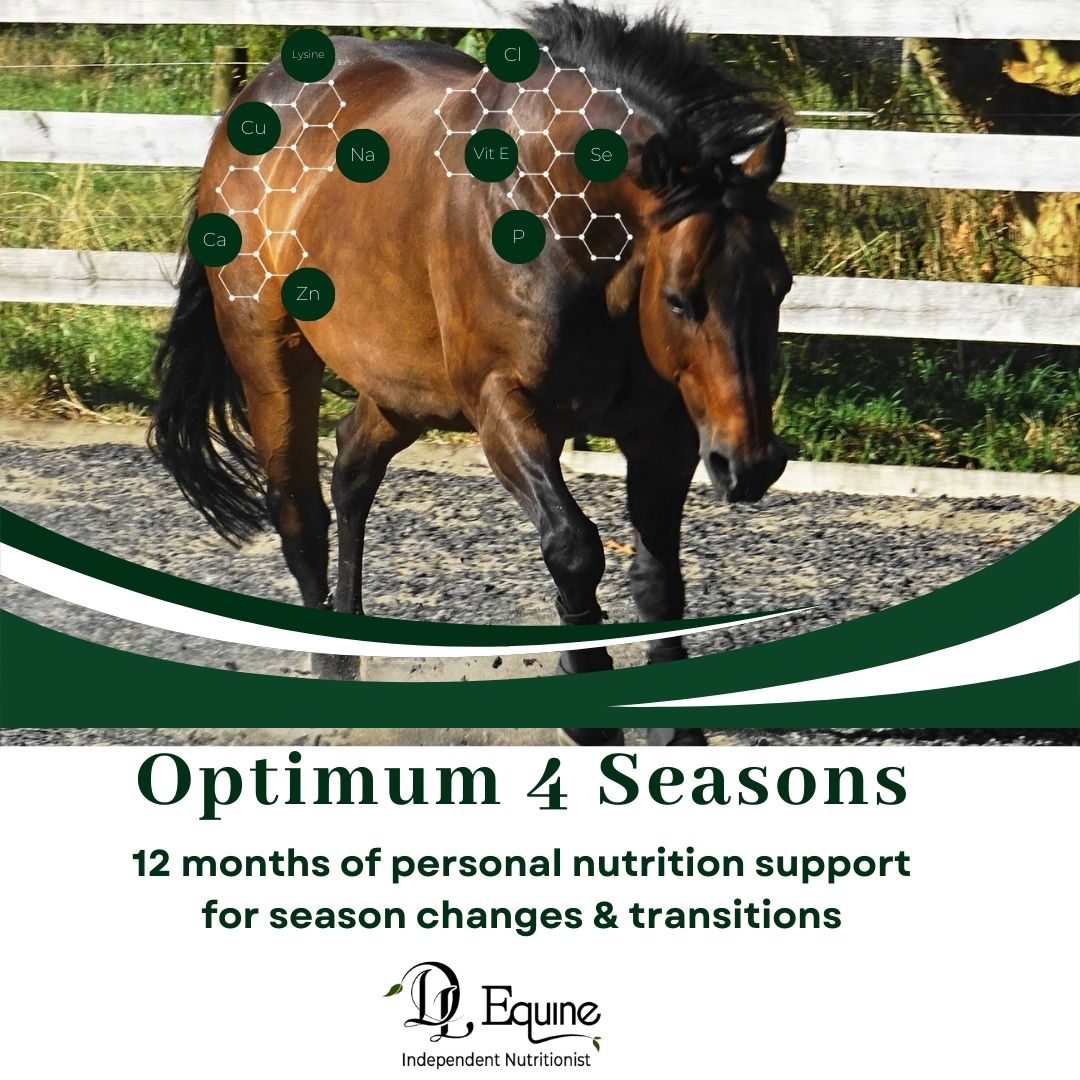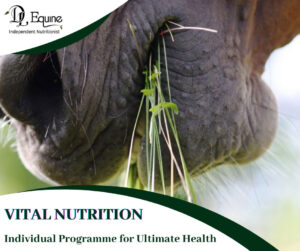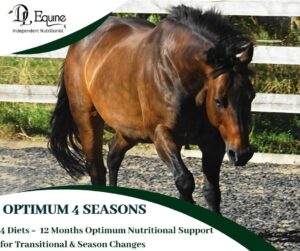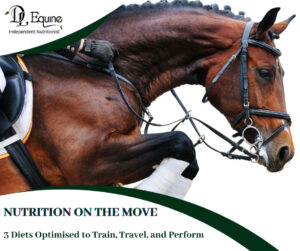Its Breeding and Foaling Time.
I know personally that amazing and exciting feeling waiting for your mare to drop that precious foal you have been waiting a whole year to see!
Its scary too if we are honest, so much can go wrong.
However the one thing you can control is your mares nutrition! If your broodmare’s diet is lacking in key nutrients, she can have a higher risk of complications during gestation and longer recovery after birth.
Now is not the time to drop out that extra care she needs all those extra minerals, forage and energy and protein to give to that foal and stay in good health for her next breeding.
How you feed a mare while she is pregnant not only affects growth and development in utero but can also have lifelong impacts on the foal. Your mare’s diet affects the foal’s bone and tendon health, neurological development, immune status and more.
Of course I want you to feed a balanced diet to your broodmare before you begin breeding her., because sound nutrition helps to support fertility and to build your mare’s nutrient reserves to meet the high demands of late gestation and early lactation.
If a mare’s diet is deficient in a key nutrient, she will tap into these bodily reserves to provide the foal with whatever is lacking. This is why you see large healthy foals sucking off ribby dull coated mares. The mare is simply not being fed enough, and of the correct nutrients to keep both herself and her foal healthy.
WHAT TO FEED PREGNANT MARES
Breeding mare, like all horses need a forage-based diet with plenty of fibre (of different types) to support that all important gut health.
Pasture alone will simply not provide enough energy, protein and minerals during lactation.
During her gestation pasture alone will never supply enough minerals, and the further along in term she gets the requirement for protein and energy (calories) increase also to keep up with the foal’s increasing requirements.
Your mare will also need a supplemental source of vitamins and minerals to avoid common deficiencies in nutrients such as selenium, vitamin E, copper and calcium.
I cant recommended strongly enough that this is a great time to get a pasture analysis in order to determine how much you need to provide of all nutrients to meet the needs of your pregnant mare and growing foal.
Weight gain
Mares typically gain 12 to 16% of their initial body weight during pregnancy to support both the fetus and the placental tissues.
For example, a 500 kg mare should gain 60 to 80 kg during gestation.
Mares should have a body condition score (BCS) of 5 to 6 (Henneke BCS System) during gestation. Be careful not to overfeed, an overweight mare can have problems with insulin dysregulation, laminitis and also rebreeding success.
Energy requirements increase significantly when lactation begins and some mares may lose weight during this period. For this reason, it is not advisable to have a mare below a BCS of 5 when she foals. Also this may good BCS is important for rebreeding success.
Vitamin E and A requirements increase as soon as a mare gets pregnant but do not change over the course of gestation.
During early pregnancy (< 5 months), most nutrient requirements are the same as a horse at maintenance.
Energy
Energy and protein requirements start to increase around month 5 of gestation and mineral requirements start to increase during month 7.
Requirements increase significantly in the last trimester of gestation when 75% of fetal growth occurs.
A lactating mare’s requirement for energy is double that needed by a mature idle horse.
The mare can produce up to 3% of her bodyweight in milk, which is rich in energy. This can vary from mare to mare depending on her natural ability to produce milk, and is influenced by energy intake from food consumed and water availability.
Required feed intake rises from the stage of initial colostrum production to the end of the first three months of lactation. There is also a greater demand for protein in this period.
Protein
By the last month of gestation, the protein requirement for your mare will have increased by 40%.
Again dependant on your pasture, it may contain sufficient protein to meet the requirements of a horse at maintenance or in early gestation, but you may need to add protein sources during late gestation to meet the increased requirement.
Adding high-quality protein sources, such as lucerne, soybeans or lupins will help provide her with the essential amino acids required for her developing foal and retain her own muscle mass.
MINERALS
Minerals have critical roles in the body including supporting metabolic processes, maintaining energy balance and supporting tissue structure. All minerals have a role to play in supporting the growing foal and gestating mare. When balancing diets of gestating mares some of the most important minerals and their job to consider are:
- Calcium
- Phosphorus
Calcium and phosphorus are the main minerals involved in building the foal’s skeleton in utero. The mare’s diet should have adequate levels of these minerals and in the appropriate ratio to support proper development of the foal’s skeleton.
These minerals are also important for maintaining the integrity of the mare’s bones. If your mare’s diet provides inadequate calcium, her body will take this mineral from her bones to supply a sufficient amount to the foal.
Calcium and phosphorus requirements increase throughout gestation at a calcium to phosphorus ratio of roughly 1.4 : 1.
- Copper
Copper is involved in the development of collagen and connective tissue, which are proteins that are important for mobility and joint health.
Copper has been studied for its role in preventing the development of developmental orthopedic disease (DOD) in foals. Providing sufficient copper to dams reduces the risk of the foal developing DOD.
- Iodine
The result of either the mare being fed too much or not enough iodine can be Goitre (enlarged Thyroid Gland)
- Selenium
This is an important antioxidant that helps support healthy reproductive function.
Feeding your mare a balanced diet prior to, whilst pregnant and when nursing is critical both for foal development and the mares optimum long term health.
Don’t leave it to chance, for an individual nutrition programme for your breeding mare and/ or foal purchase a programme from the website today!
